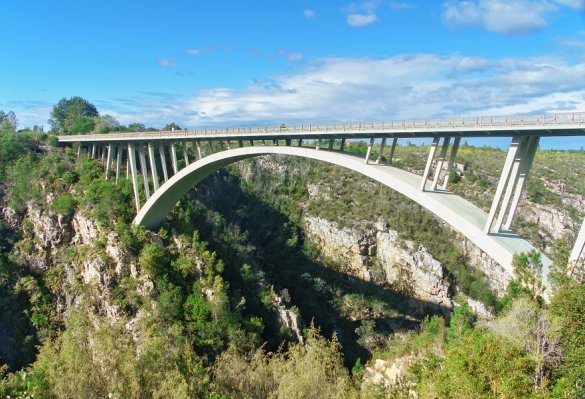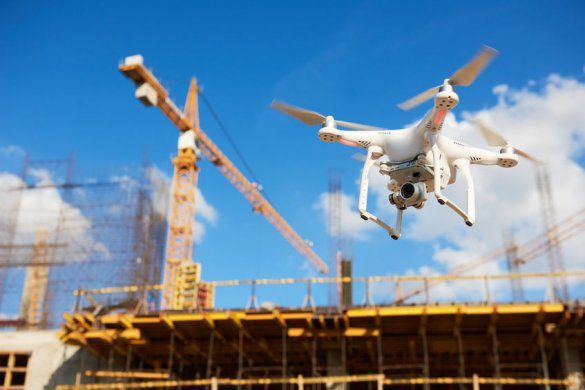Engineers are the people who use science, technology, design and logic to create structures and solve practical problems that we face. This includes creating bridges to cross rivers and designing transportation methods that can take us from point A to point B in the quickest and safest way possible.
A career in engineering will make it possible for you to solve the most impactful of our problems in the world, like creating clean energy or detecting cancer.
There are over 40 types of engineering including sound, information technology, aerospace, biochemical and environmental engineering. The focus of the Department of Infrastructure is on developing engineers specialising in fields associated with the building and maintenance of infrastructure projects.
- Civil
- Mechanical
- Electrical, and
- Transportation
We offer bursaries through our Masakh’iSizwe bursary programme to students who would like to pursue these careers offering both financial and non-financial support.
The subjects you choose at high school will fast track your journey to become an engineer. English (or English and Afrikaans at Stellenbosch University), Mathematics and Physical Science are the required high school subjects to study towards a BSc (Eng) in these fields of engineering at higher education institutions (HEIs) such as the University of Cape Town (UCT) and Stellenbosch University (SU).
- See the Cape Peninsula of Technology (CPUT) prospectus for the minimum requirements for a National Diploma (ND) in Engineering.
Civil engineers
Civil engineers are tasked with assisting the Department in the development of roads, health, education, and general building facilities.
Annually, we welcome engineering graduates into our Professional Development Programme (PDP). The graduates are Masakh’iSizwe bursary recipients and receive practical experience including training, mentoring, support, on-the-job-exposure and professional supervision to be registered as professionals with the Engineering Council of South Africa (ECSA).
Mechanical engineers
Mechanical engineering might be the career for you If you find mechanical systems design interesting.
Amongst other duties, a mechanical engineer at DTPW is expected to:
- design new systems that will solve practical engineering challenges and improve efficiency and enhance safety,
- develop cost-effective solutions according to standards,
- evaluate existing technical manuals, standard drawings and procedures to incorporate new technology,
- ensure through evaluation that planning and design by others is done according to accepted engineering principles, applicable norms, standards and codes of practice.
Electrical engineers
An electrical engineer:
- works with electrical systems and tests equipment,
- manages and carries out maintenance, repairs, inspection and evaluation of electronic equipment,
- ensures compliance with the Occupational Health and Safety Act, and
- designs new systems to solve practical engineering challenges.
For the first year of your BSc(Eng) degree programme you can expect to study courses such as Physics, Mathematics and Computer Science.
- Read more about electrical engineering.
Transportation engineers
Transportation engineers oversee transport project scheduling, planning, and pricing. They analyse, plan, design, draw, check calculations and oversee highway, rail, and related transportation civil construction projects.
The Department of Civil Engineering at Stellenbosch University offers transportation engineering, pavement engineering and geotechnics as a research field in its postgraduate programme covering topics such as intelligent and public transportation systems, transportation safety, and traffic engineering.
How to become an engineer


